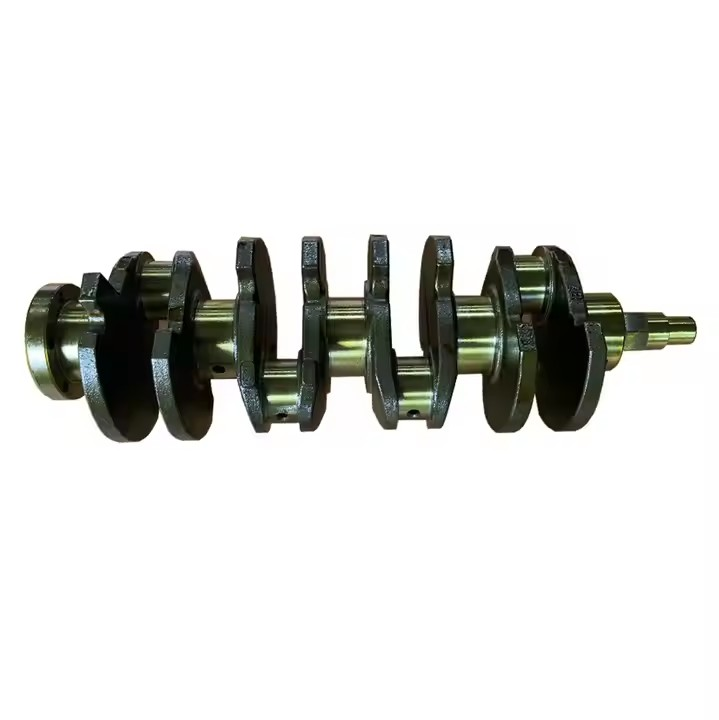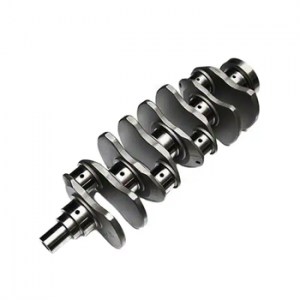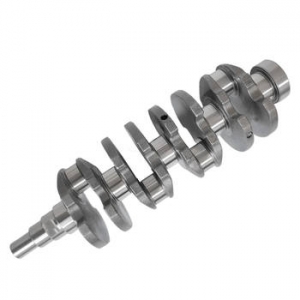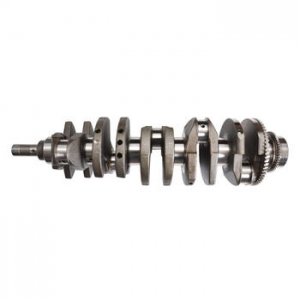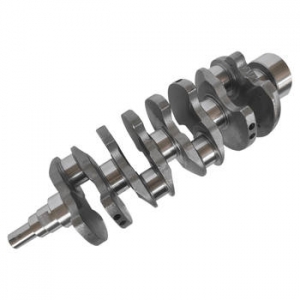Introduction
When it comes to replacing a damaged or worn-out crankshaft in your Hyundai vehicle, you have two options: OEM or aftermarket crankshafts. But which one is the better choice? In this article, we will compare OEM and aftermarket Hyundai crankshafts in terms of quality, price, and availability to help you make an informed decision.
Quality
OEM Hyundai crankshafts are made by the original equipment manufacturer (OEM) and are designed to meet the exact specifications of your Hyundai vehicle. They are made from high-quality materials and are tested to ensure they meet the highest standards of performance and durability. On the other hand, aftermarket crankshafts are made by third-party manufacturers and may not meet the same level of quality as OEM crankshafts. While some aftermarket crankshafts may be of good quality, others may be made from inferior materials and may not perform as well as OEM crankshafts.
Price
OEM Hyundai crankshafts tend to be more expensive than aftermarket crankshafts. This is because they are made by the original manufacturer and are designed to meet the highest standards of quality and performance. Aftermarket crankshafts, on the other hand, are often less expensive because they are made by third-party manufacturers who do not have the same overhead costs as the original manufacturer. However, it is important to keep in mind that the lower price of aftermarket crankshafts may come at the cost of lower quality and shorter lifespan.
Availability
OEM Hyundai crankshafts are often easier to find than aftermarket crankshafts, especially for newer Hyundai models. This is because Hyundai dealerships and authorized repair shops carry OEM parts, while aftermarket crankshafts may only be available from specialty parts stores or online retailers. In addition, OEM crankshafts are often covered by a warranty, while aftermarket crankshafts may not be. This means that if something goes wrong with an aftermarket crankshaft, you may be responsible for the cost of repair or replacement.
Conclusion
In conclusion, when it comes to choosing between OEM and aftermarket Hyundai crankshafts, it is important to consider the factors of quality, price, and availability. While aftermarket crankshafts may be less expensive, they may not meet the same level of quality as OEM crankshafts and may not be covered by a warranty. On the other hand, OEM crankshafts may be more expensive, but they are designed to meet the exact specifications of your Hyundai vehicle and are covered by a warranty. Ultimately, the best choice will depend on your specific needs and budget.

